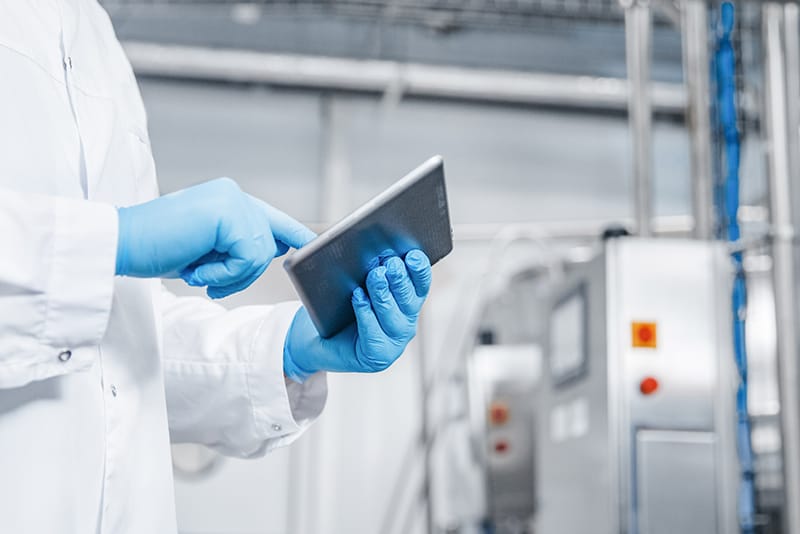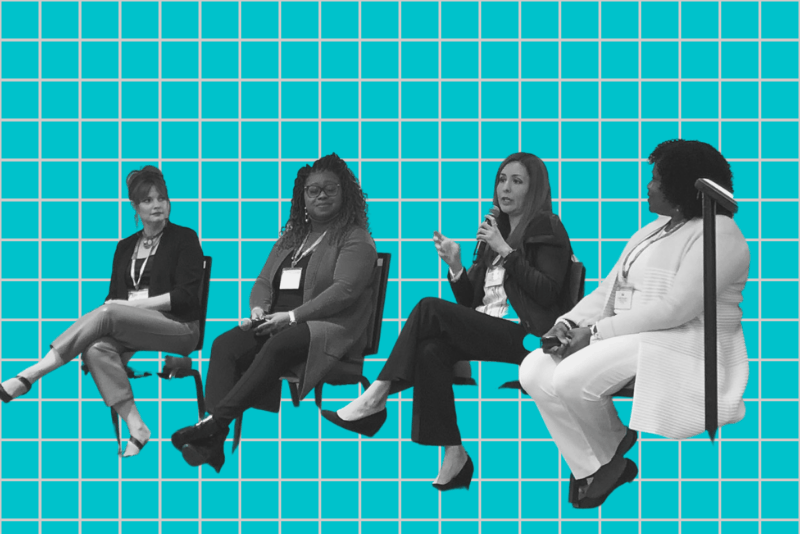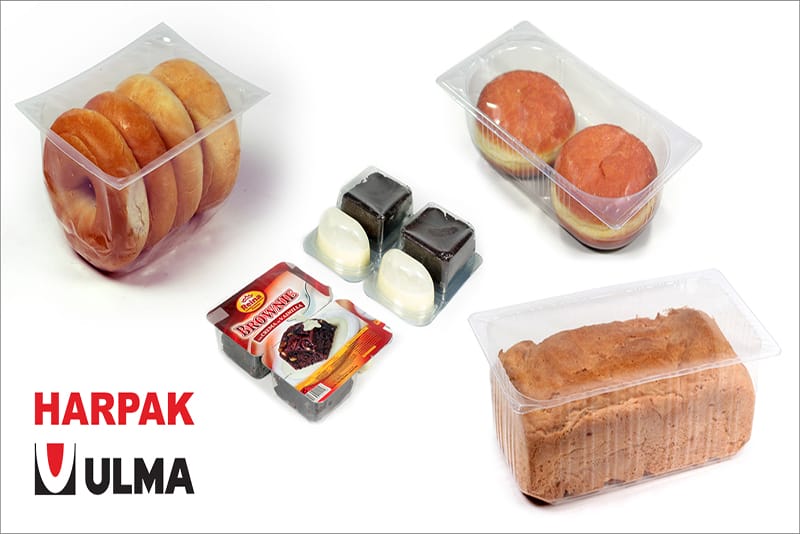CHICAGO — In the commercial baking industry, “automation” is a term that reached ubiquity long ago. However, with the current workforce crisis, how a bakery operation automates — and to what end — is top of mind.
At the American Society of Baking’s BakingTECH conference, held March 1-3 in Chicago, four gentlemen who are bakery automation experts — Ken Newsome, CEO of Markel Food Group; Mark Salman, president of Middleby Food Processing Group; Craig Souser, president of JLS Automation; and Peter Rasmussen, industry segment specialist with Festo Corp. — gathered to discuss how technology is currently impacting the industry.
In the past, there was a fear that automation would eliminate jobs, but the reality is that it not only accounts for a lack of labor, but it also makes jobs more bearable for the current workforce.
According to Newsome, that’s an important consideration when looking at the ROI of automated bakery equipment.
“It’s not just about ROI in terms of how many people are on the line,” he said. “It’s about, ‘How do I keep the people that I get?’ Because those [repetitive tasks] are just not engaging things to do.”
In this regard, it’s important to think of automation as eliminating a specific task, not the human being.
“We have so often been accused of ‘dehumanizing,’” Souser said. “But the truth is, we’re dehumanizing difficult tasks that shouldn’t be done by people. We’re now seeing the baking industry becoming aware of that and thinking about ROI differently.”
Newsome also explained that the repetitive motion that can so easily be accomplished by equipment also creates more consistency and higher throughput than what human beings would have to engage in high physical labor for the same result.
“When we’re talking about repetitive motion — the heavier the product and more standard the final product, the harsher the environment — the more boxes you check, the easier it is to automate,” he said.
By reallocating labor, automation can actually open up more opportunities for a diverse workforce by creating work in areas that were previously unavailable to people unable to perform those highly physical tasks.
While automated equipment doesn’t bring more people into the process, it certainly broadens the range of human resources making an untapped workforce much more attainable.
“Obviously, heavy things require stronger people to lift them, so if you can automate those kinds of tasks, you reduce that need [for specific physical requirements],” Newsome said. “It opens up a world of not only bringing more diversity of people in but also, perhaps more importantly, setting them up to do the job.”
“We’re dehumanizing difficult tasks that shouldn’t be done by people. We’re now seeing the baking industry becoming aware of that and thinking about ROI differently.” —Craig Souser | president | JLS Automation
Robotic technology has come a long way in aiding workers in repetitive tasks, especially with resources such as cobots. And that’s good not only for the workers but also the efficiency and throughput of the operation.
“The more we have collaborative robots around us in the factory working hand-in-hand with humans, the more efficiency can increase there,” Salman said. “On the packaging side, we see a lot of focus on this because that’s where a lot of the labor is in the bakery.”
As the industry’s digital transformation continues, technology such as artificial intelligence can empower workers on the line who may not have specific bakery experience.
“There are technologies out there that are simple plug-and-play,” Rasmussen said. “Then the next evolution is getting into sensors that give the operator more feedback to help them make decisions. And with AI, an operator can make an educated decision on what is needed to make a change or solve a problem.”
In the ever-evolving world of bakery, automation is both a challenge and solution. For some, it’s baby steps, while other operations are ready for a full transformation. But Salman had a bit of advice to keep the industry moving forward with bakery automation, no matter where each company might be in their process.
“It’s a long journey, but you have to start somewhere,” he said. “We have to focus on where we can make the biggest impact.”












